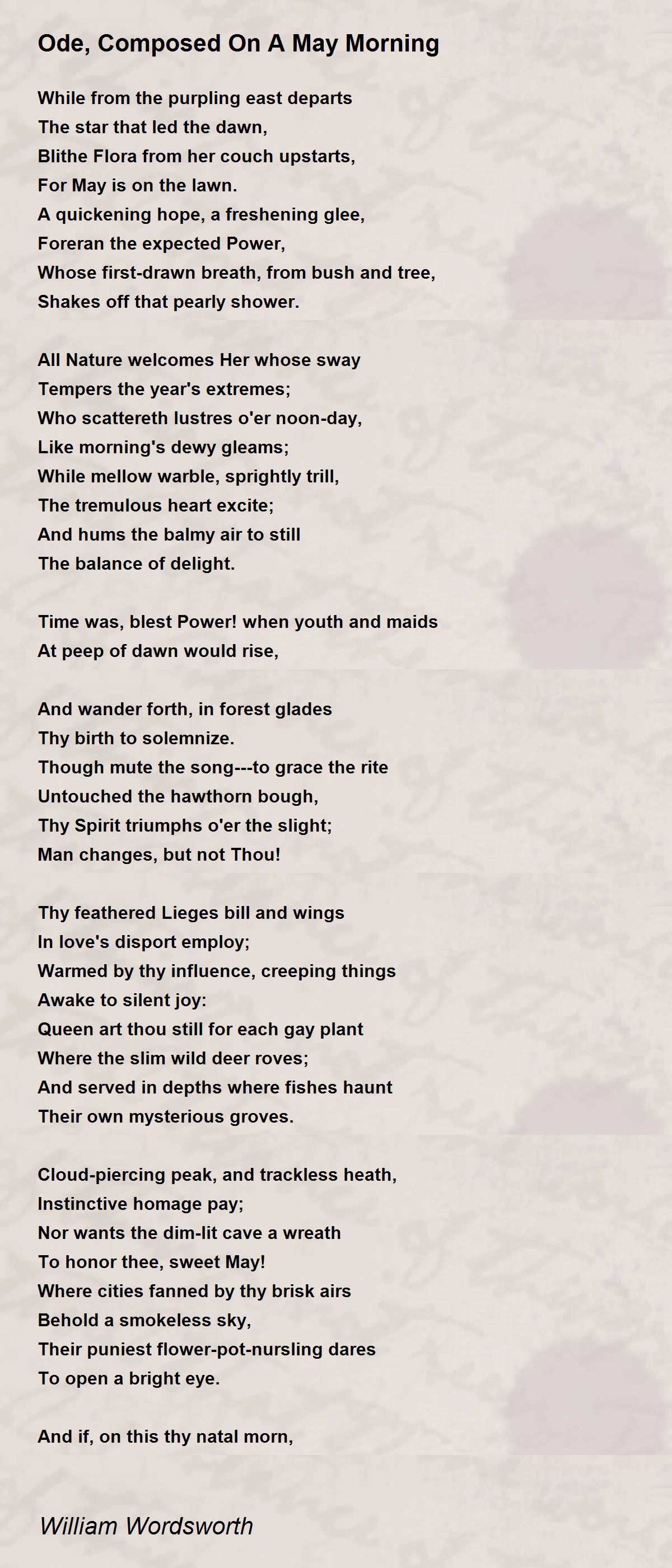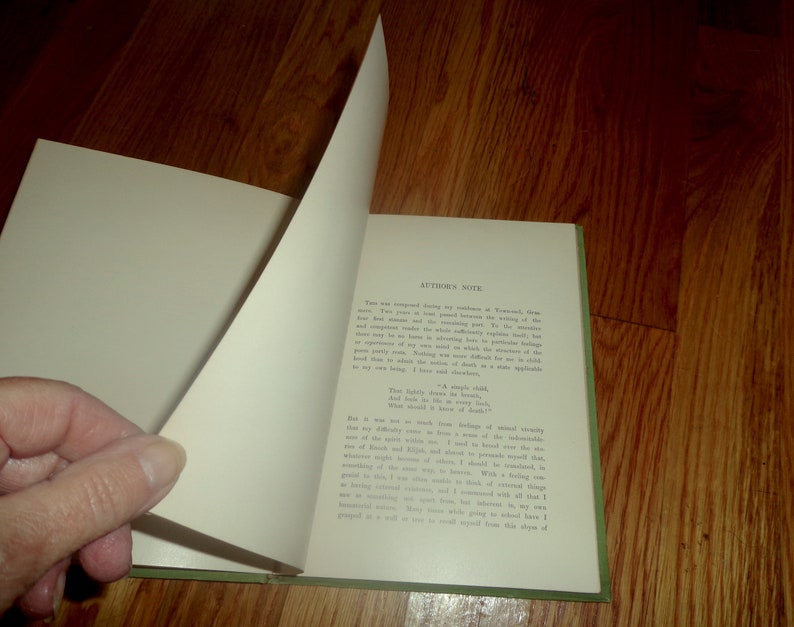


The sentiment behind these lines is that we are more than just flesh and blood, and that we have a deeper kinship with the natural world, and with God. Where is it now, the glory and the dream? The fulness of your bliss, I feel-I feel it all.įresh flowers while the sun shines warm,Īnd the Babe leaps up on his Mother’s arm:-īoth of them speak of something that is gone The heavens laugh with you in your jubilee Ye blessèd creatures, I have heard the call As so often in a Romantic poem – see Shelley’s ‘To a Skylark’ for another example, where the poet calls upon the lark to sing to him so the poet can be inspired by the sound – the solitary poet wants nature to save him from himself and reconnect him with the majesty of the natural world – even the shepherd-boy tending those lambs can help Wordsworth to recover that lost sense of awe he felt towards the earth (the key word here is boy: the child can help Wordsworth to recall how he felt towards nature when he was young). Indeed, Wordsworth feels ‘grief’ over the world that surrounds him, even though it is filled with the same signs and sounds of joy and life: birds are singing, young lambs are bleating. In response to Morrissey’s question, ‘Has the world changed or have I changed?’ we feel confident answering, in the case of Wordsworth, with a resounding ‘You have’. How many of us feel that the world has changed since we were a child, and that it has lost its way? It seems less magical yet to younger generations, it is doubtless filled with the same wonder we once had for it. We are not in the realm of social or historical analysis here, but personal, subjective feeling. Wordsworth now acknowledges that the fault lies within him, rather than in any change that has come over the world. Shout round me, let me hear thy shouts, thou happy Shepherd-boy. The Winds come to me from the fields of sleep, I hear the Echoes through the mountains throng, No more shall grief of mine the season wrong

The cataracts blow their trumpets from the steep To me alone there came a thought of grief:Ī timely utterance gave that thought relief, Now, while the birds thus sing a joyous song, The three lines from ‘The Rainbow’ (‘My heart leaps up’) were only added as epigraph in 1815 the original epigraph in 1807 was from the Roman poet Virgil, and translates as ‘Let us sing a loftier strain’. Wordsworth wrote ‘Ode: Intimations of Immortality’ between March 1802 and March 1804 it was published in 1807. These three lines establish the tone for ‘Ode: Intimations of Immortality’: the poem is about the formative years of childhood and how they helped to make Wordsworth the man, and poet, he became. The paradox of the line ‘The Child is father of the Man’ is that our childhoods shape our adulthoods: the inversion of the usual idea of things (that an adult man is a father to his child) neatly embodies Romanticism’s desire to shake up the way we view ourselves, and to (an idea expressed before Romanticism, notably in Henry Vaughan’s fine poem ‘The Retreat’ but it was Wordsworth and the Romantics who made the idea a central part of their worldview).


 0 kommentar(er)
0 kommentar(er)
